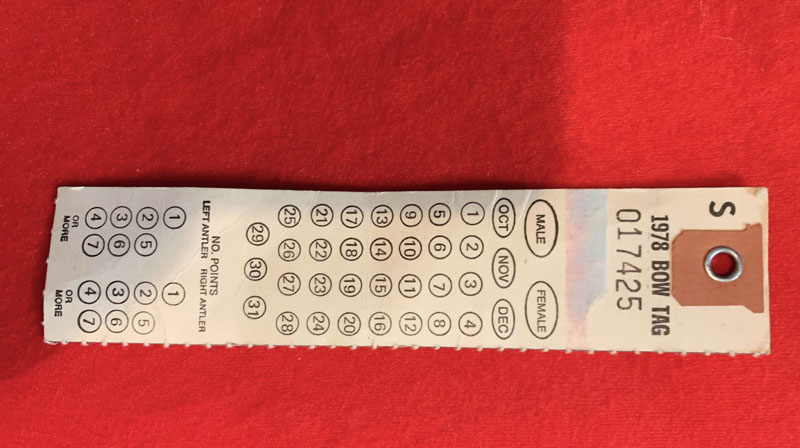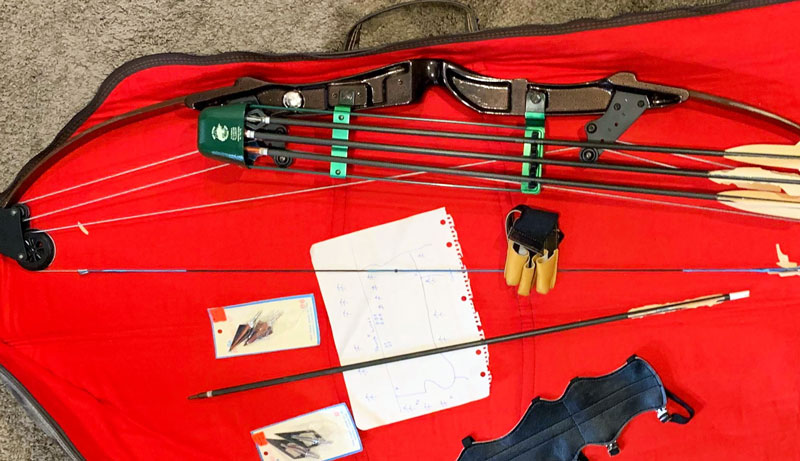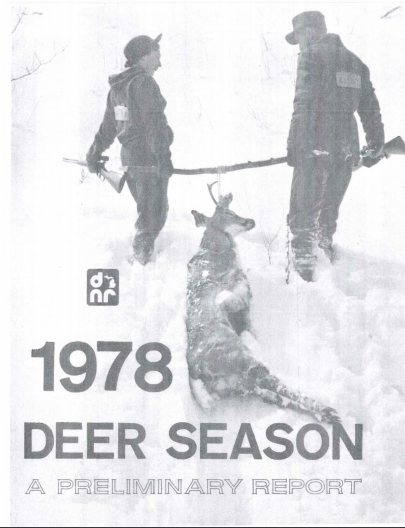
“The beginning is often a poor place to start the story of a duck hunt. The true devotee of the wind-swept autumn waters hunts many other things besides ducks. He hunts the unfolding secrets of the dawn and the message of the wind. He hunts the curling waves and the tossing tops of suppliant trees. He hunts the poignant loneliness of a tender, departing season and the boisterous advent of one more rigorous. All these he hunts and, old or young, he finds them as they were before—primordial, healing, and soothing to mankind in his whirling world of complexities.”
-Gordon MacQuarrie, “A Pot-Hole Rendezvous”
I hunt experiences. I’ve been very honest when asked. I hunt and fish to write and would’ve starved long ago if my life depended on it. I would do everything quite differently if forced to do so for sustenance.
A foolhardy squirrel hunting adventure recently added weight to these words. It involved a church charity contest pitting at least twenty firearm-wielding, small-game hunters with beagles against four idiots and their longbows. It didn’t end well for the idiots. It never has. We’ve yet to make a single harvest in several years of participation. We get up early, we fling arrows into the trees until we get hungry, then head back to the church for coffee and desserts while everyone else is weighing in. It’s been a riot. We wouldn’t change the laughs for all the squirrel cacciatore in the world.
It was during this hunt that my friend Cary, one of the aforementioned idiots, muttered something that really spun my wheels. We’d just whistled several shafts across the tail of a terrified black squirrel, when he muttered something about a gun. “Sometimes I do it for the feeling. Sometimes I do it for the groceries. When I’m doing it for the groceries, look out, it gets ugly.” I understood what he meant. I’d felt the same chasing turkeys on several occasions. There is nothing wrong with ugly. There is a time and place for ugly and there is a time and place for elegant. Both of them get the job done but the tools, processes, and frame of mind vary greatly.
Whichever you strive for depends on your goal — a successful harvest notwithstanding. That part is obvious. No one is fishing with empty lines or hunting with empty bowstrings. MacQuarrie wasn’t pumping an empty 12-gauge. His gun was loaded and ducks were shot, but that was only part of his experience — a small one at that. This was the running theme of his entire catalog of works and why I hold them close to my chest. In fact, I’ll be very sad if the friend from whom I borrowed them realizes they are missing.
I prefer classic outdoor literature to anything written today. The world was slower and it was a more romantic time. The pursuit was paramount — no matter the weapon or animal — and the results were always secondary. Hemingway took plenty of game in Green Hills of Africa but the results pale in comparison to detailed passages like this:
“To go down and up two hands-and-knee climbing ravines and then out into the moonlight and the long, too-steep shoulder of mountain that you climbed one foot up to the other, one foot after the other, one stride at a time, leaning forward against the grade and the altitude, dead tired and gun weary, single file in the moonlight across the slope, on up and to the top where it was easy, the country spread in the moonlight, then up and down and on, through the small hills, tired but now in sight of the fires…”
-Ernest Hemingway, “Green Hills of Africa”
He didn’t have the storytelling tools we have at our disposal today. He had to invest time and words to set the mood and make the mundane elements interesting. That is where the real art was made. Writers like Hemingway and MacQuarrie excelled at keeping the romance alive when sharing their experiences. They understood that every outdoor adventure had a predictable beginning and end, and focused on the poetry in the middle. Their audience was less distracted, in addition, and had more time to read and appreciate what they were reading. That isn’t the case, today. The world is too noisy.
Storytelling is different now. The audience is different now. People live post-to-post, sharing the bulk of their lives with the masses. Hunters can shoot a deer, post a photo or video, and summarize the story in very few words. Most have nothing to show if there isn’t an animal on the ground or a fish in their hands. The average sportsmen doesn’t want to read a paragraph about returning to camp or watch a fishing video without a monster trout on the line. There is too much content available to appreciate what is being seen. We are over-saturated.
Think about the last time you had a lackluster day afield and thought “well…nothing worth posting about happened this trip”. I have. And I can guarantee many of you have as well.
Chew on that a moment, think about how insane it is, then remember these words:
“It may not have been post-worthy but it was absolutely worthwhile.”
My friend and podcasting partner Steve (Angell) called me to chat awhile back. He told me he wanted to start using the phrase “hunt the experience” for Traditional Outdoors. I loved it. I thought it fit the show and was a fantastic message to send. We started using it the next day and its been our creed ever since. Steve even made a video about it. He’s proud of it and I am proud of him for making it.
Check it out. I think you’ll enjoy it. It says everything it needs to say without saying anything at all.
You can watch the Hunt the Experience video here. If you haven’t, please check out our podcast and consider subscribing. We would love to have you at our campfire. If you are interested in Gordon MacQuarrie, I highly recommend you start here. It is a fantastic read. Follow it up with the Ol’ Duck Hunter trilogy if you enjoy it. It changed my life. Feel free to reach out to me on Facebook if you want to talk outdoor literature and have recommendations. I can’t get enough of it and can give your recommendations, as well.



